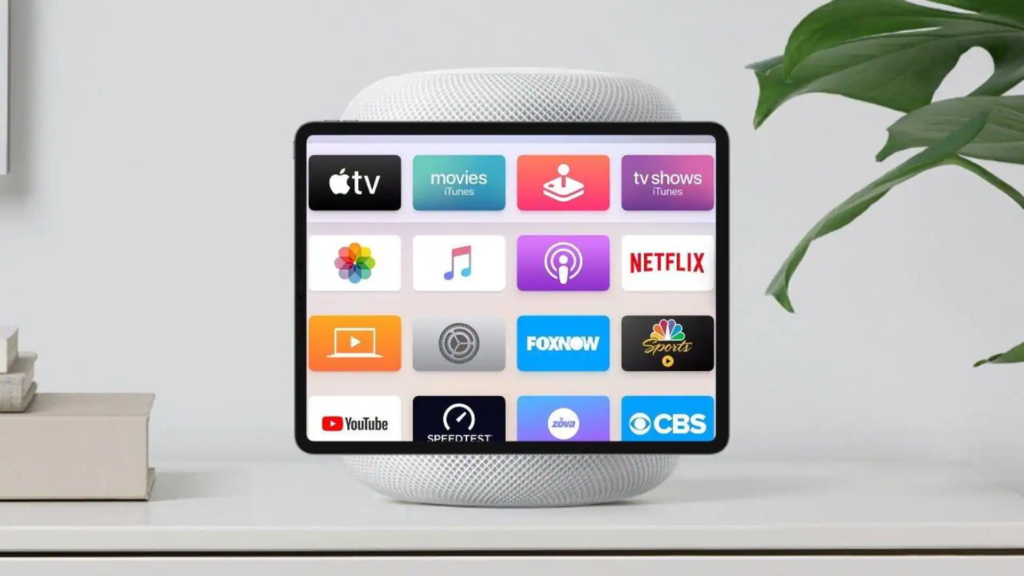Apple has delayed the release of its upcoming smart home device named Home Hub to 2026 because the company remains unable to resolve Siri’s contextual AI capability problems. The Home Hub’s development faces delays because Apple maintains a cautious stance towards reliable functions that rely on AI in order to meet its product requirements reported through Bloomberg’s Mark Gurman.
Why the Delay? Siri’s Accuracy and Trust Issues
The Home Hub needs an updated Siri system that understands individual contexts and app execution commands to succeed as a product. Testing within the company demonstrated that Siri only performed at 80% accuracy with its new features, yet Apple typically requires a minimum of 95% before a commercial release. Siri demonstrated major limitations by misdelivering flight and calendar information that required timing precision, thus causing users to doubt the system.
The product launch date for the Home Hub was set for March 2025 until obstacles required several delayed announcements. An internal company meeting uncovered issues about AI-generated mistakes that previously caused the BBC and other media organizations to protest against Apple. The problems with Siri’s performance required Apple to focus on Siri’s stability instead of delivering the Home Hub in a timely manner.

What the Home Hub Promises
The Home Hub serves as Apple’s competition against Echo Show from Amazon and Nest Hub from Google by melding a 7-inch screen with A18 chip functionality into an Apple ecosystem device. The device serves users by enabling device control and call administration, showing recipes, and offering both weather information and music controls. A future version of the screen adjustment robotic model is under development, but it will not be ready until 2027.
The device relies on Apple Intelligence, an on-device AI framework requiring an iPhone 15 Pro or newer. This technology enables Siri to access app data (e.g., Messages, Mail) for personalized responses. However, without near-perfect accuracy, Apple fears launching a product perceived as “broken” from day one, given Siri’s existing reputation for glitches.
Strategic Implications and Market Pressure
Apple faces difficulties in achieving proper quality management while developing innovative products. Apple faces the possibility of a sharp decline in the smart home market because competitors Amazon and Google currently control the market leadership. Analysts point out that Apple chose to position the smart home device as aitates to its privacy-first branding along with user-friendly experience instead of releasing it with basic features first.
Employee testing of pre-released Home Hub units at their homes shows the readiness of the hardware. However, software integration remains incomplete. The persevering delays in Siri’s infrastructure development might force Apple to start a complete rebuild of the system, which could delay its features until 2026, according to Gurman.

What’s Next for Apple and Siri
Apple plans to preview Siri’s upgrades at WWDC 2025 in June, though a release timeline remains uncertain. The company is exploring workarounds, such as displaying raw data snippets (e.g., flight tickets and calendar entries) alongside AI summaries to mitigate errors. This approach would require the Home Hub’s screen, linking the device’s fate directly to Siri’s progress.
For now, Apple fans must wait. The delay highlights the immense technical and reputational challenges of integrating AI into everyday devices. As one analyst noted, “Apple cannot afford another Siri disappointment. Better late than flawed.”





